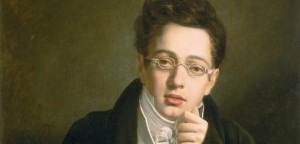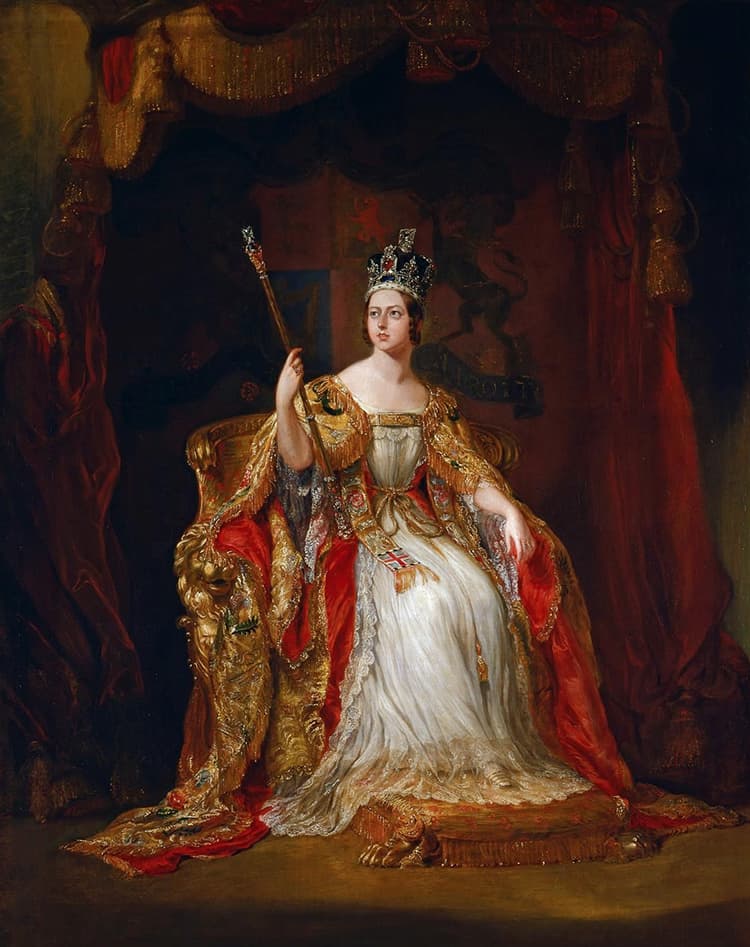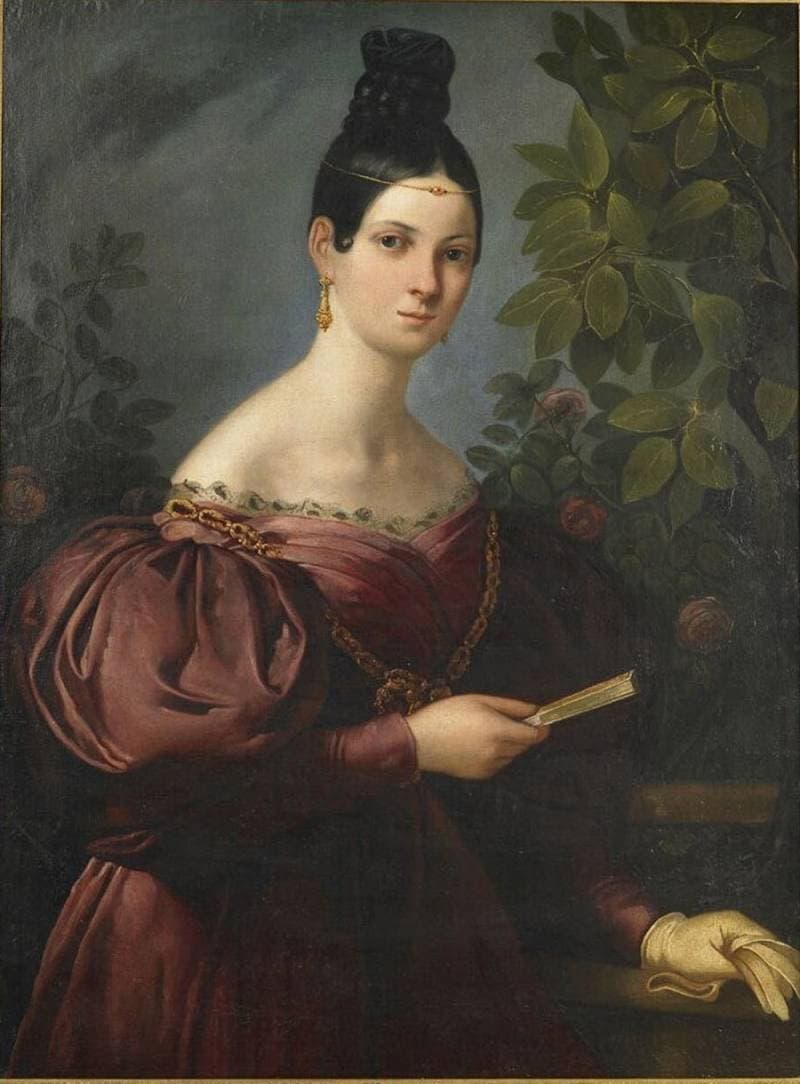 “Minors of the Majors” invites you to discover compositions by the great classical composers that for one reason or another have not reached the musical mainstream. Please enjoy, and keep listening!
“Minors of the Majors” invites you to discover compositions by the great classical composers that for one reason or another have not reached the musical mainstream. Please enjoy, and keep listening!
Among the most influential writings of the Hebrew Bible, which makes up the Christian Old Testament, is the book of Psalms. It consists of 150 religious songs of varying length, including hymns, laments, Songs of trust, wisdom and pilgrimage. Jewish and Muslim traditions suggest, that the majority of Psalms are the work of King David, second ruler of the United Kingdom of Israel. Jewish and early Christian churches used the Psalms in worship, and in many Christian assemblies today, Psalm texts have gained a popularity that extends well beyond regular church service. In particular, Psalm 23, evoking the image of God as a Shepherd frequently serves as a comforting message during funeral service. Given the popularity of this Psalm, it is hardly surprising that composers throughout the ages, including Franz Peter Schubert (1797-1828), have set this text to music.
Franz Schubert: Psalm 23, Op. 132
For his setting of Psalm 23 (The Lord is my shepherd; I shall not want), which was commissioned by his fellow choir director Anna Fröhlich in 1820, Schubert relied on the German text translation fashioned by Moses Mendelssohn. Scored for two soprano and two alto sections, the composition was specifically commissioned to serve for vocal examinations at Vienna’s Konservatorium der Gesellschaft der Musikfreunde. The work was highly regarded from the beginning, and called “a pleasant composition, if rather too long.” It opens with a flowing introduction of gently shifting harmonies. The choir enters with the first line of text sung to a melody of charming simplicity. This opening line is slightly varied and once repeated before Schubert musically explores the comforting and pastoral sentiments expressed in the text. A piquant modulation leads to a quiet, yet highly chromatic section in which Schubert musically expresses his defiance of death (Though I walk through the valley of the shadow of death.) For the concluding affirmation of faith, Schubert skilfully combines textural declamation and serenity of expression with a highly effective and nuanced musical language. The work remained among the conservatory’s examination pieces for many years to come.
You May Also Like
- Minors of the Majors
Francis Poulenc: Sonata for Trumpet, Horn and Trombone, Op.33 Jean Cocteau magnanimously announced in 1918, that his principal goal was the elimination of all foreign and specifically German elements from French music and culture. - Minors of the Majors
Franz Liszt: Cantantibus organis The 1860’s were not particularly kind to Franz Liszt. For one, the Tsar of Russia successfully blocked his long-awaited marriage to the Princess Carolyne Sayn-Wittgenstein. - Minors of the Majors
Gustav Mahler: Piano Quartet in A Minor Gustav Mahler, son of an aspiring tavern proprietor and a soap-maker’s daughter, was considered a Wunderkind! - Minors of the Majors
Gioacchino Rossini: 3 Choeurs Religieux In 1829, Gioachino Rossini (1792-1868) completed his thirty-fourth opera, William Tell.
More Anecdotes
-
 Shaking for Queen Victoria What happened when Baroness Bloomfield was asked to sing for the Queen?
Shaking for Queen Victoria What happened when Baroness Bloomfield was asked to sing for the Queen? - A Tour Around Vienna
Suppé: Ein Morgen, ein Mittag, ein Abend in Wien A work by the youthful Suppé -
 Desdemona in Real Danger What happened between Manuel Garcia and his daughter Maria Malibran?
Desdemona in Real Danger What happened between Manuel Garcia and his daughter Maria Malibran? -
 Adelina Patti and Her Teacup Puppy How would you respond if you receive a Chihuahua puppy after a performance?
Adelina Patti and Her Teacup Puppy How would you respond if you receive a Chihuahua puppy after a performance?



